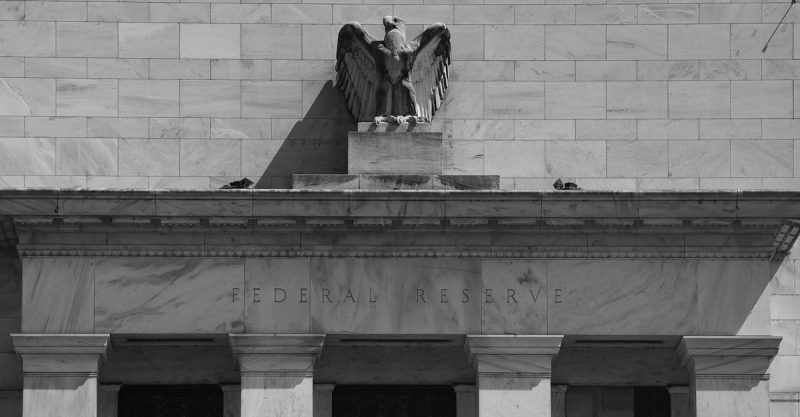
The possibility of Donald Trump gaining control over the Federal Reserve (Fed) is a scenario that demands serious attention. A recent court decision blocking Trump’s attempt to remove Fed Governor Lisa Cook, and the subsequent Supreme Court appeal, highlights the precarious situation. While much of the current concern focuses on Trump’s potential to drastically lower interest rates, the real danger lies far deeper. The Fed wields immense power beyond interest rate manipulation; it controls the money supply, regulates financial institutions, and possesses the authority to print and spend money at will.
This power extends far beyond typical government functions. The 1932 Federal Reserve Act grants the Fed emergency lending powers, allowing it to lend to virtually any entity under “unusual or exigent circumstances.” While initially used sparingly, the 2008 financial crisis and the COVID-19 pandemic saw the Fed deploy hundreds of billions, and then trillions, of dollars in loans to a wide range of entities, from major banks to small businesses and even local governments. Legal experts highlight the virtually unlimited nature of this lending authority, with few checks and balances in place.
The potential for abuse under a Trump-controlled Fed is staggering. Imagine a scenario where the Fed’s lending power becomes a slush fund, directing money towards favored industries or individuals. This could include funneling funds to businesses that donate to Republican campaigns, rewarding media outlets that support Trump, or even circumventing congressional budget restrictions. The sheer scale of this potential financial manipulation is almost unimaginable.
Moreover, the Fed’s control over the nation’s financial system presents a terrifying tool for retribution. The Fed’s ability to “debank” entities—effectively cutting them off from the financial system—is a devastating weapon. This power was demonstrated in the past, with the Fed’s actions effectively hindering the marijuana industry in Colorado. Under Trump’s leadership, this power could be used to target political opponents, silencing dissent and punishing those deemed enemies.
The implications are far-reaching. While the market might theoretically act as a check on reckless behavior, Trump’s ability to manipulate interest rates and the money supply could easily mitigate any market backlash. Congressional intervention is highly unlikely, requiring a two-thirds majority to override a presidential veto. The only realistic safeguard lies with the Supreme Court’s decision on the Lisa Cook case. If the court allows Trump to proceed, the consequences could be catastrophic, ushering in an era of unprecedented executive power and potentially irreversible damage to the integrity of American democracy. The potential consequences are so severe that they demand immediate and serious consideration.









